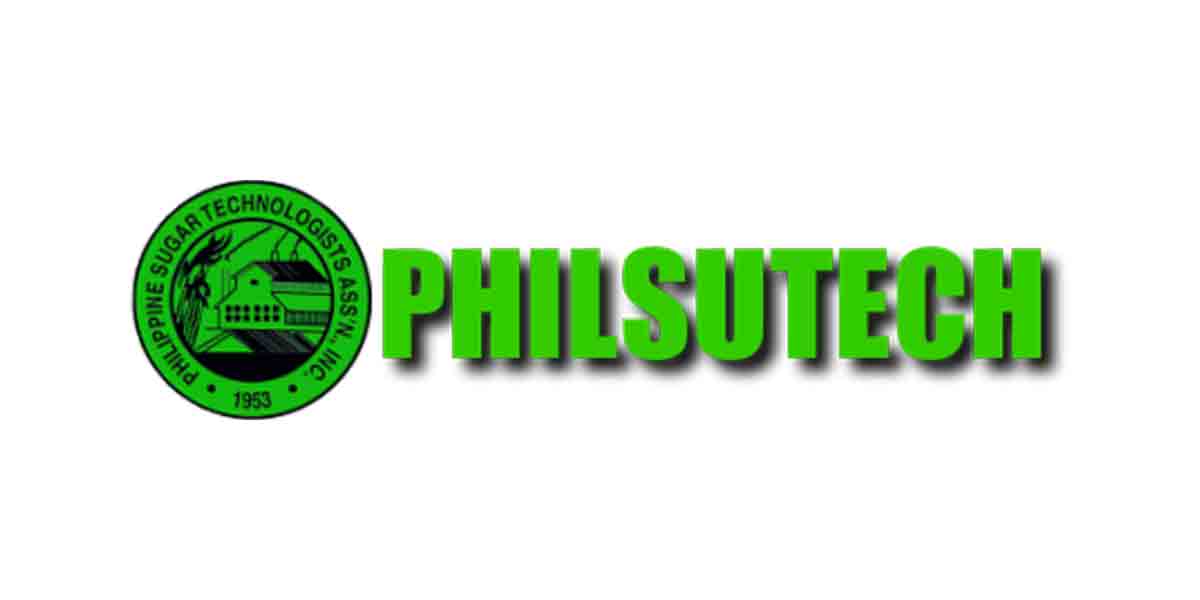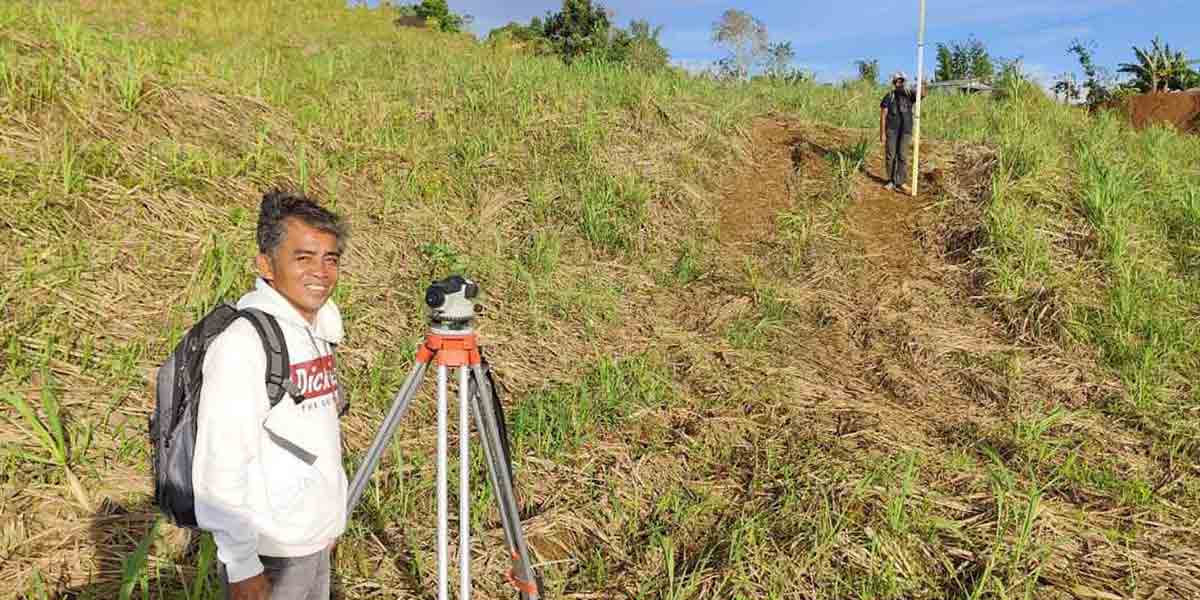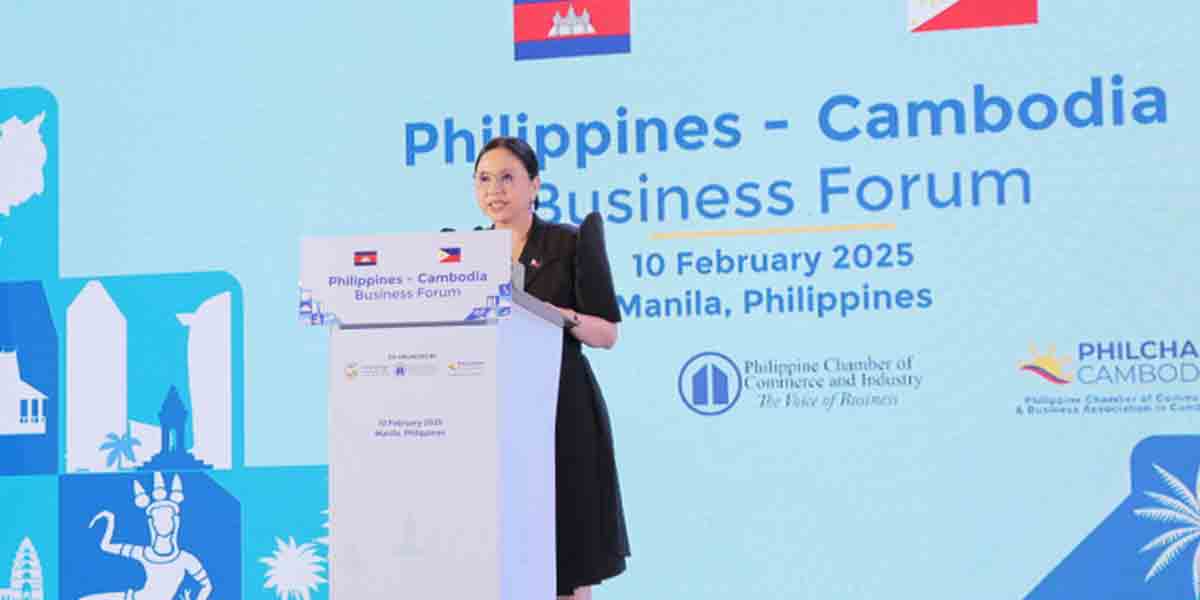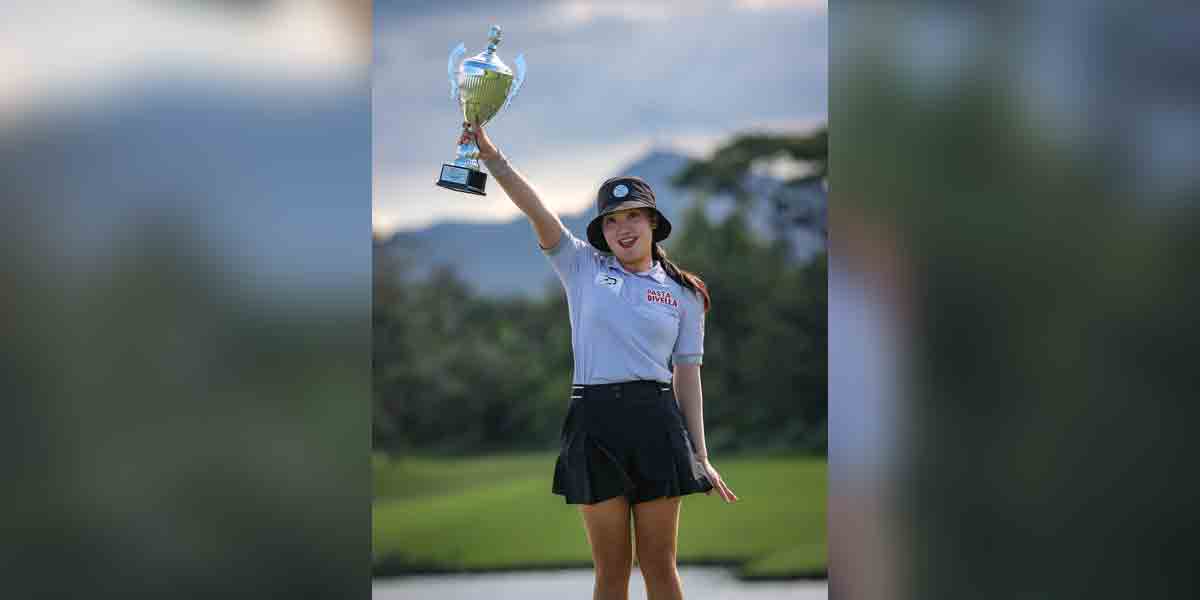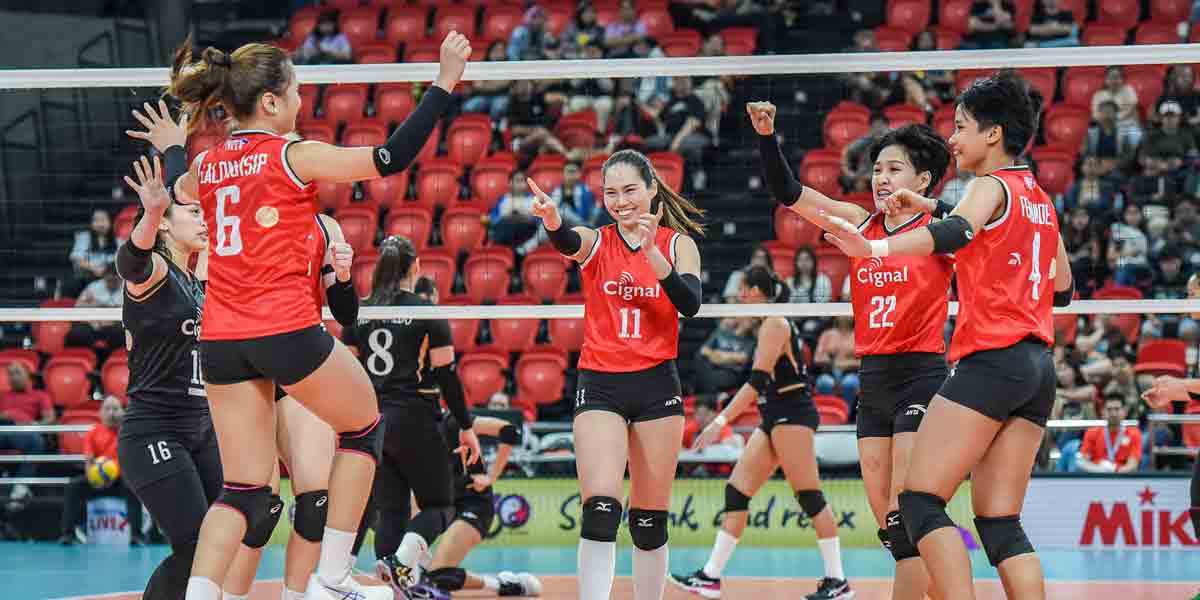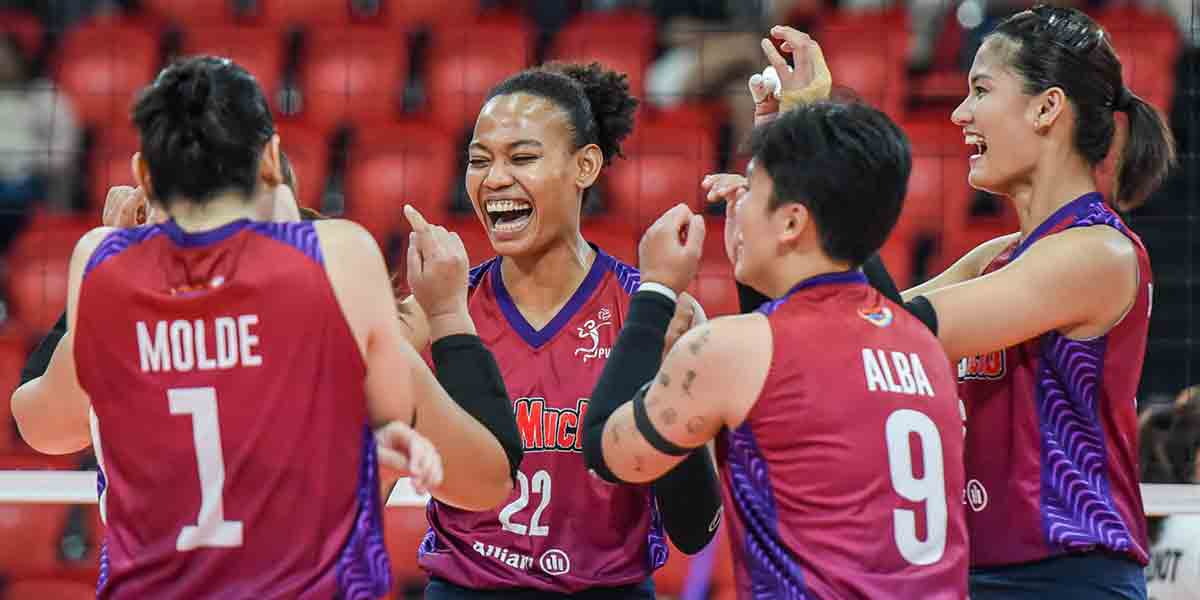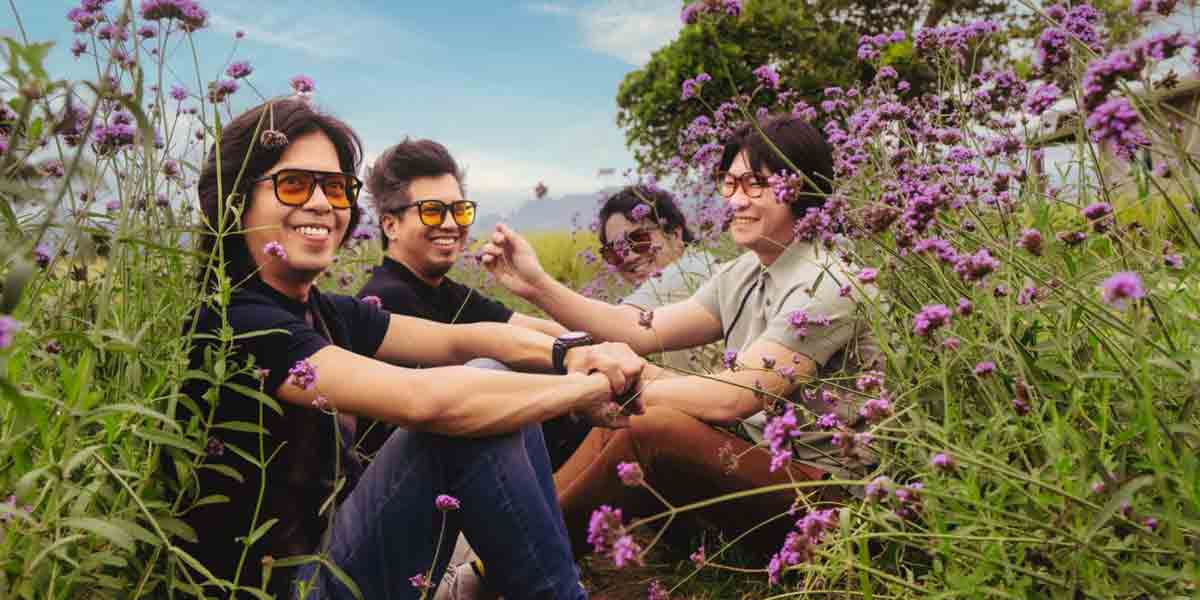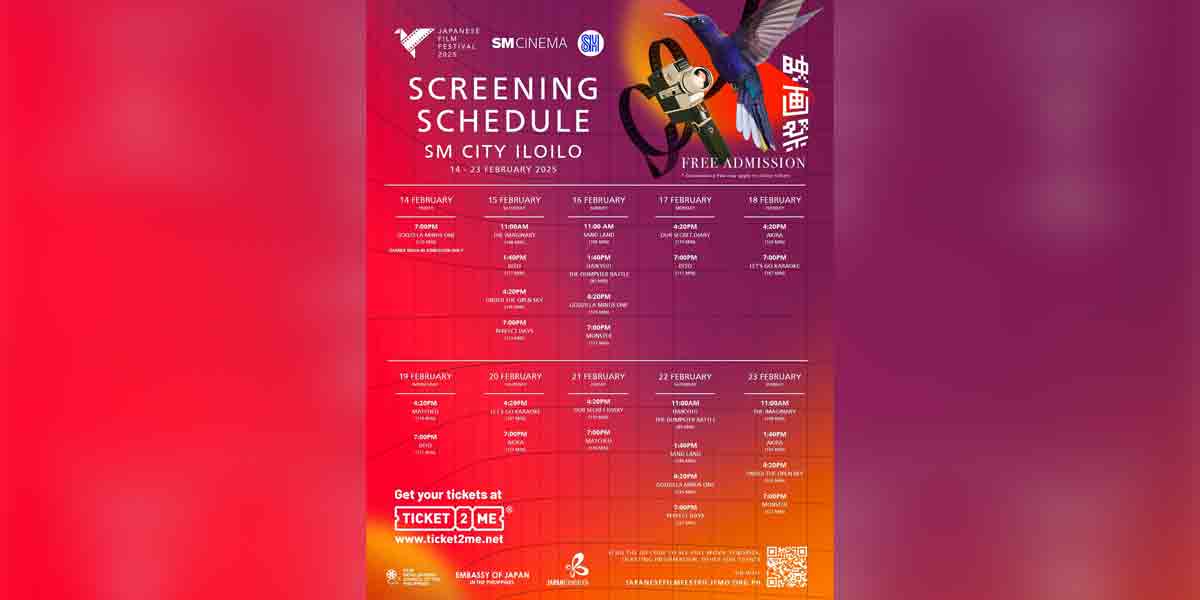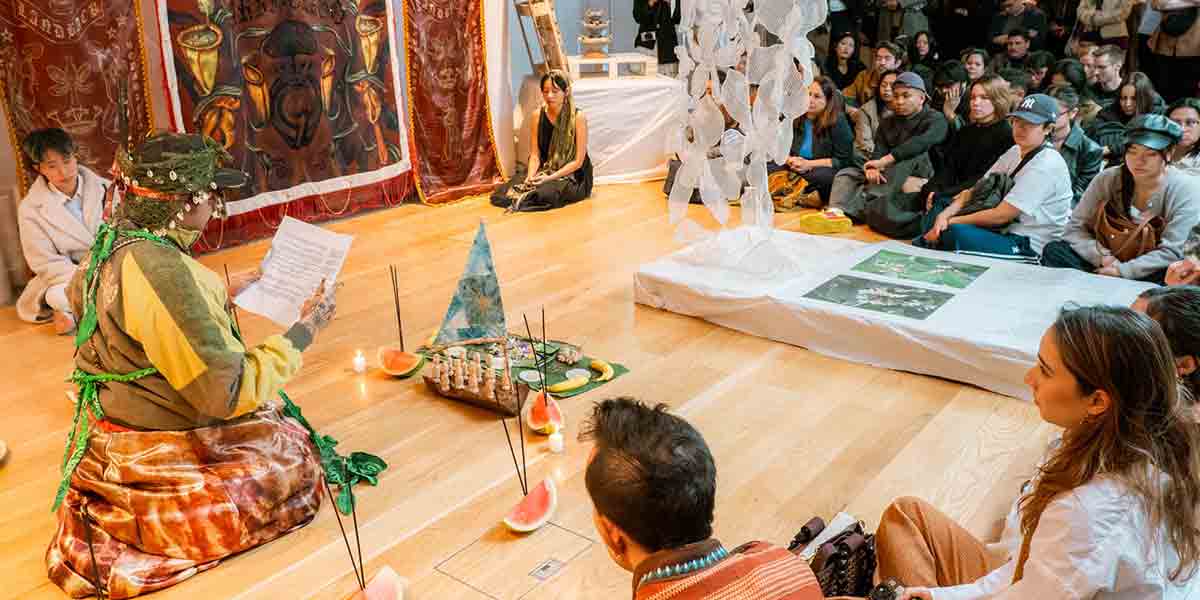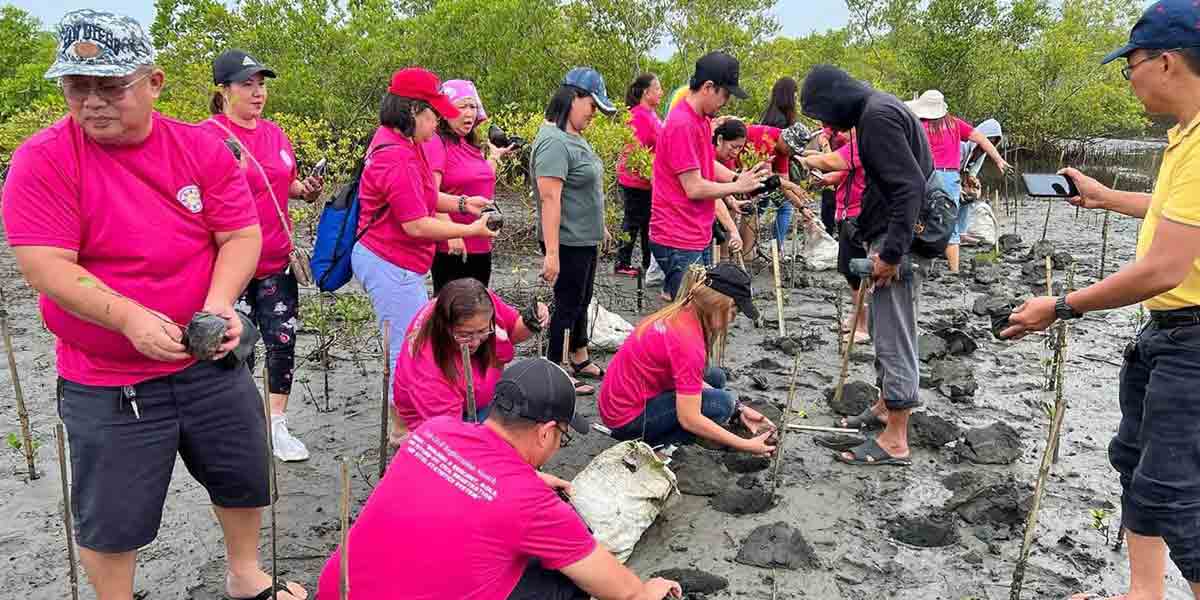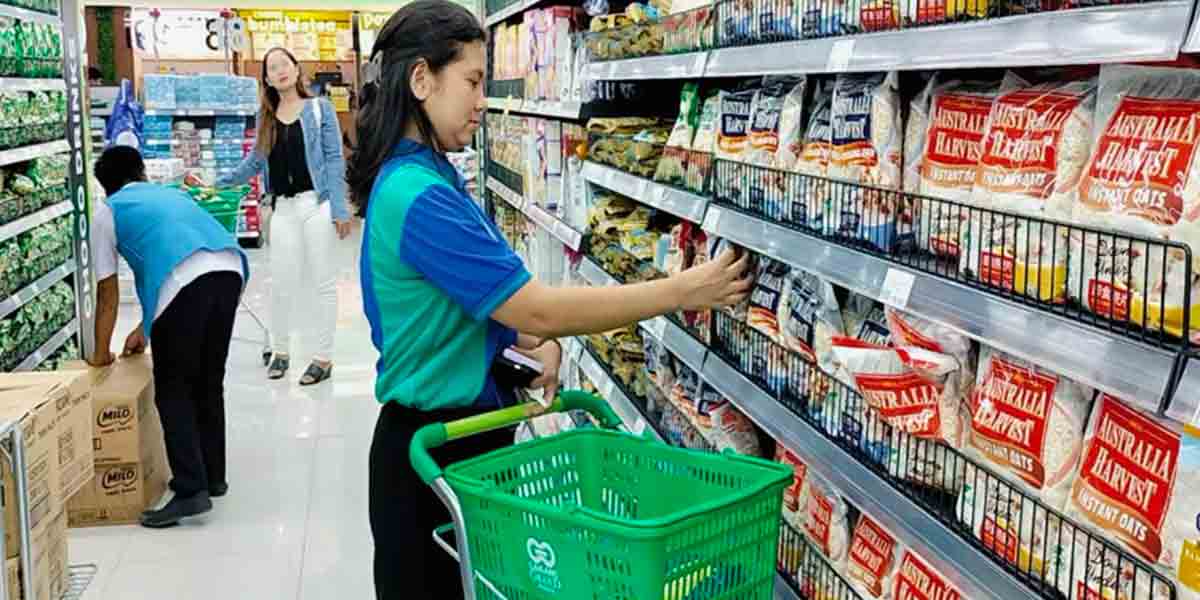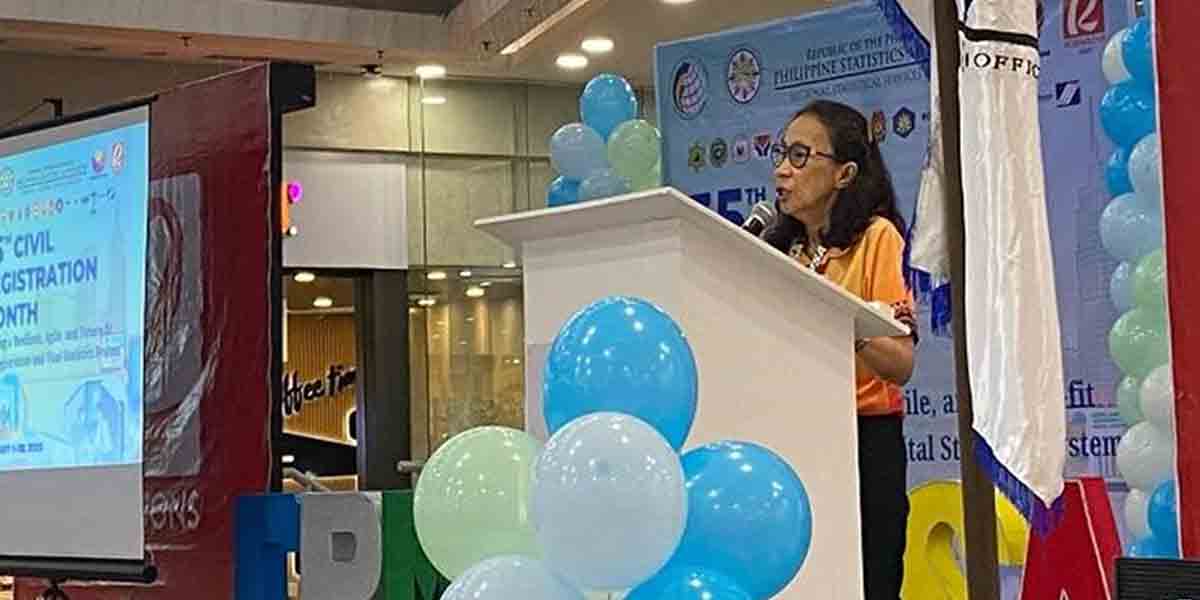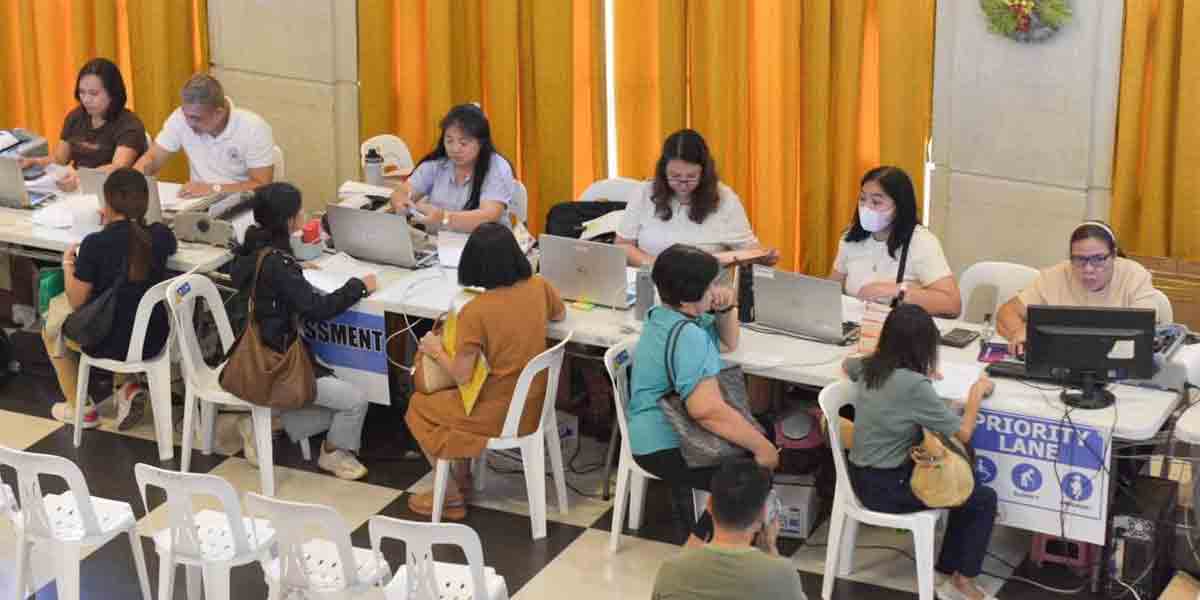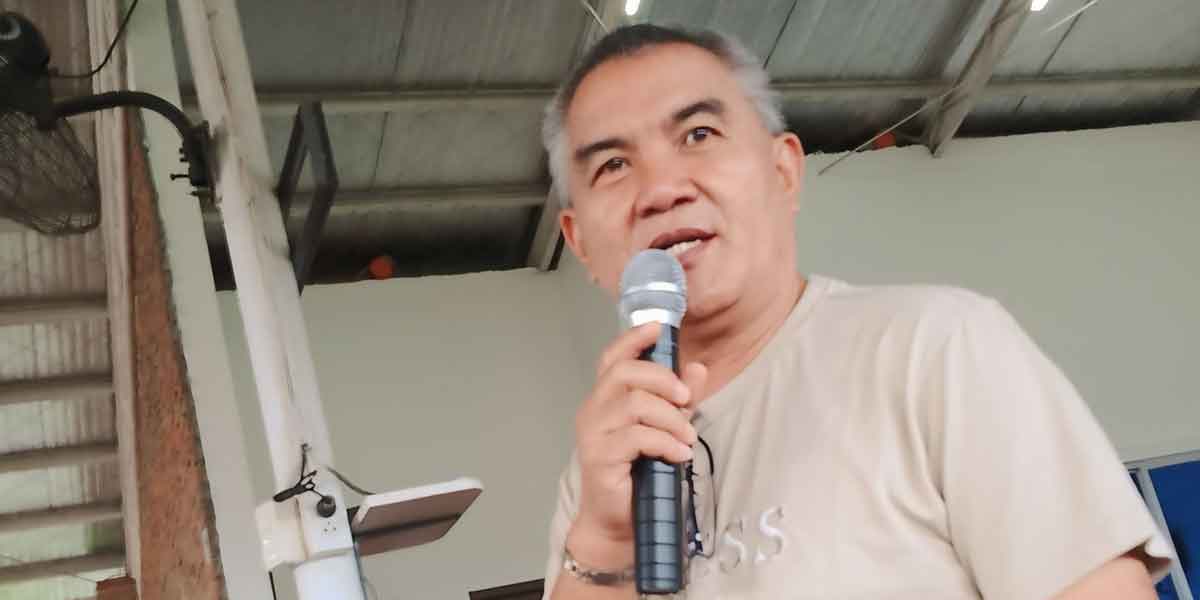
UP Visayas, through the College of Fisheries and Ocean Sciences (UPV-CFOS) and the Research Institute of Fisheries and Aquaculture of Mate (HAKI-MATE), Hungary, kicked off a collaboration with a joint webinar-workshop on September 21, 2021.
Fifty-four scientists, researchers, and faculty members from two institutions participated in a whole day “Webinar-Workshop on Aquaculture R&D in Hungary and the Philippines.”
The online event aimed to explore research and development collaborations between the two institutions, including student-exchange and researcher-exchange programs.
HAKI-MATE is a government institution engaged in multidisciplinary research to provide a scientific foundation for the advancement of various fish farming methods and the proper use and conservation of the aquatic environment.
CFOS Dean Prof. Encarnacion Emilia S. Yap, Deputy Chief of Mission of Embassy of Hungary-Manila Hon. David Ambrus, UPV Chancellor Clement C. Camposano, HAKI-MATE Director Dr. Halasi-Kovács Béla, and CFOS Institute of Aquaculture Director Rex Ferdinand M. Traifalgar welcomed the participants in their messages.
Yap said the activity is an avenue to look at the current research undertakings of both parties for possible cooperation to promote aquaculture and food security.
Ambrus acknowledged the importance of the virtual event and mentioned that this was the next step of the collaboration, which the Embassy supports.
The webinar was divided into two sessions, with eight speakers coming from both institutions. Four speakers were from HAKI-MATE of Hungary, and another four were from UPV-CFOS (mainly from the Institute of Aquaculture).
Speakers from HAKI-MATE were Dr. Halasi-Kovács Béla, who talked about the sustainable development of freshwater aquaculture technologies, specifically on Siluriformes, Perciformes and Cyprinid species; Dr. Zsuzsanna Sándor-Jakabné, who discussed alternative protein sources such as DDGS and insects as ingredients for aquafeeds; Dr. Gyula Kovács who talked about the extensive genetic research for fish breeding and gene conservation of the Institute, and Dr. Gergȍ Gyalog who presented the impact of climate change on Hungarian carp aquaculture.
The Philippine counterpart from CFOS-IA presented the ongoing research activities of the Institute. Prof. Fredson Huervana first talked about the aquaculture systems development in the Philippines, followed by Dr. Mary Jane A. Amar, who discussed the alternative protein sources for feeds in aquaculture. The third speaker, Dr. Sanny David Lumayno, presented the genetics and genomics work in aquaculture. In contrast, Prof. Angel Queenee Dequito, the fourth speaker, discussed the accelerating impacts of climate change in the Philippines and its effect on the aquaculture industry.
After the brainstorming, both HAKI and CFOS discussants agreed that African catfish is a common ground/species for joint scientific initiatives between the two institutions. A breeding program on genetic markers and bioinformatics can be explored through a researcher exchange program. Also, the climate change projection through mathematical modeling and fish nutrition, specifically on insects as an alternative source of aquafeed, were considered. Future student exchange programs can also be explored by initially identifying laboratories to be visited.
As a parting message, UPV Vice Chancellor for Research and Extension Prof. Harold M. Monteclaro informed everyone that a Memorandum of Understanding for this undertaking has already been drafted and is scheduled for signing by both parties. (Ms. Lenilyn Gallos/CFOS)





